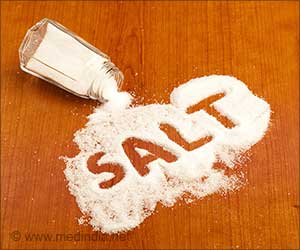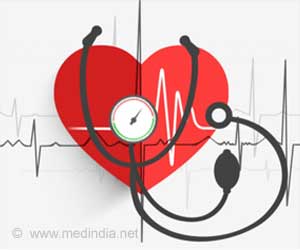A 20-minute relaxation response session may help cut medication among elderly patients suffering from hypertension, according to a new study.
Isolated systolic hypertension is most common among elderly patients where an increase in peak arterial pressure made lead to adverse events like heart attack, stroke or renal failure.Previous studies have shown that the relaxation response can help improve hypertension involving elevated systolic and diastolic pressures but its effectiveness in treating isolated systolic hypertension has not been investigated.
“If a practice that takes only 15 to 20 minutes a day can help decrease patients’ dependence on anti-hypertensive medications – reducing often-unpleasant side effects and the considerable costs of these drugs – we could not only improve their quality of life but lower direct and indirect health costs by billions of dollars,” said Dr Randall Zusman, co-senior author of the report who leads the Hypertension Program at the MGH Heart Centre.
The relaxation response is a physiologic state of deep rest – involving both physical and emotional responses to stress – that can be elicited by practices such as meditation, deep breathing and prayer.
The study was conducted on more than 100 patients who were 55 years and above and whose systolic pressure remained elevated despite their taking two or more anti-hypertensive drugs.
The participants were randomly assigned to two groups. The control group received weekly counselling sessions on cardiac risk factors, the impact of stress on hypertension, and recommendations on dietary and fitness goals.
Advertisement
The 20-week study found that participants in both groups had experienced a significant drop in systolic blood pressure, allowing two thirds of all participants to attempt medication reduction.
Advertisement
“Our control group received an intensive amount of good-health information and reported making fairly dramatic lifestyle changes, but only the relaxation response group was able to significantly reduce their use of antihypertensive medications, said Jeffrey Dusek, PhD, lead author.
The study appears in the Journal of Alternative and Complementary Medicine.
Source-ANI
SRM/L











